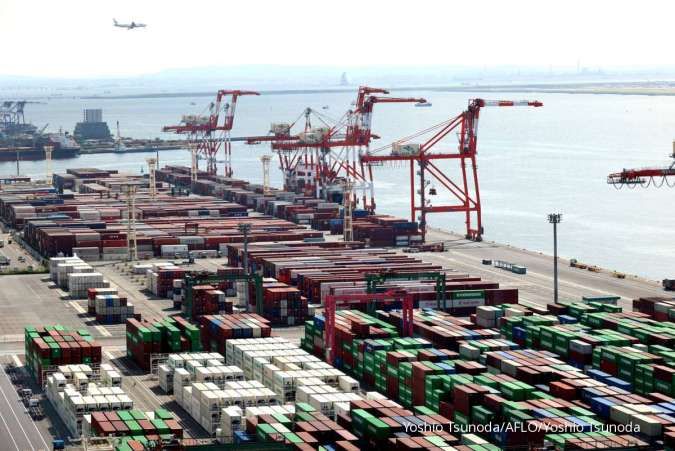CHINA - BEIJING. Foreign direct investment into China shrank for the first time in over a decade in 2023, data released by the commerce ministry showed, underscoring the challenge Beijing faces if it is to win back foreign firms as Western governments talk up "de-risking".
Overseas companies last year invested 1.13 trillion yuan ($157.1 billion) in the world's second-largest economy, according to a statement on Friday, which represents a drop of 8.0% year-on-year and marks the first decline since 2012.
Foreign firms have been sour on the Asian giant ever since Beijing abandoned its strict zero-COVID curbs in late December 2022, with concerns over China's business environment, economic recovery, and politics weighing heavy on the minds of foreign investors.
Read Also: Indonesia Finance Minister Continues to Carry Out Duties - Ministry
"2024 will be worse," said Alicia Garcia Herrero, chief economist for Asia-Pacific at Natixis.
"They would need to fully open many more sectors, eliminate forceful location, and close down a few state agencies, but none of that is going to happen, so I think FDI will continue to fall," she added.
Premier Li Qiang told delegates at a World Economic Forum summit in Davos on Tuesday that the Chinese economy was open for business and highlighted its potential for foreign investment, but U.S. and European officials are calling on their companies to consider whether they are already over-exposed to China.
President Xi Jinping's increasing focus on national security - in particular a recent crackdown on consultancies and due diligence firms - has also left many foreign companies uncertain about where they might step over the line of the law.
Read Also: Spot Bitcoin ETFs Draw Nearly $2 Billion in First Three Days of Trading
Borrowing costs have increased for multinational companies over the past year, too, as a result of interest rate hikes by the U.S. Federal Reserve, which have made the parent companies of Chinese subsidiaries reluctant to up their investment due to the elevated borrowing costs they would need to bear in U.S. dollars, analysts say.
/2018/10/17/911753228.jpg)















